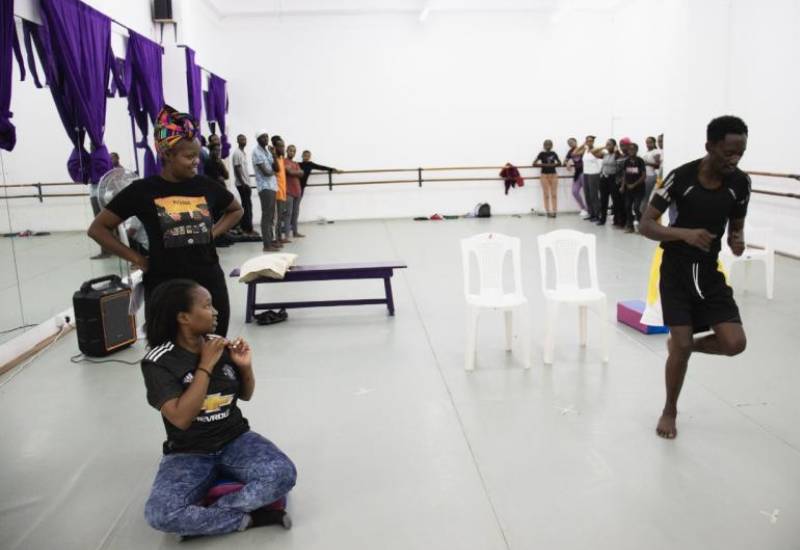×
The Standard e-Paper
Join Thousands Daily

Celebrated Kenyan writer and scholar Ngugi wa Thiong’o’s most controversial play is set to make a comeback to the Kenyan theatres over 30 years after it was banned.
‘I Will Marry When I Want/Ngaahika Ndeenda’, is set to be staged in both Kikuyu and English from May 12 to May 29 at the Kenya National Theatre.